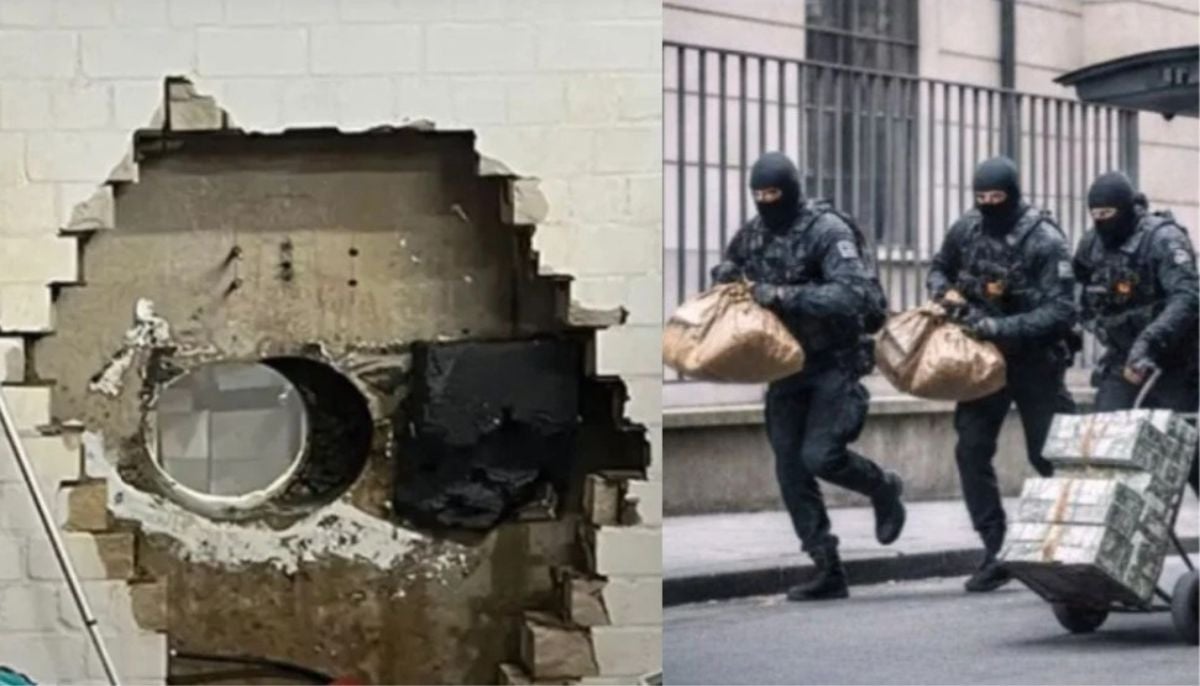Lebanon government steps down over Beirut blast fallout
During the session, "most of the ministers called on the government to step down," says a state minister
BEIRUT: While blaming the Beirut blast on the incompetence and corruption in the country, Lebanon’s premier Hassan Diab stepped down Monday amid fury within and outside his government over the deadly port explosion.
"Today we are heeding the people and their demands to hold accountable those responsible for a disaster that has been concealed for seven years" he said in a televised address, blaming a "corrupt" political elite for the August 4 explosion.
"This is why today I announce the resignation of the government."
Politics in multi-confessional Lebanon is dominated by former warlords from the 1975-1990 civil war who have exchanged their military fatigues for suits, or were replaced by relatives.
"Their corruption created this tragedy," said Diab.
"Between us and change stands a thick wall protected by their dirty tactics," he added.
Diab, who was named in December, is the second Lebanese premier to step down in 10 months.
His government, formed in January to tackle a spiralling economic crisis, has come under all-out attack since a port blast killed 160 people, wounded 6,000 others and ravaged swathes of Beirut.
Authorities say the explosion was triggered by a fire in a port warehouse where tonnes of volatile ammonium nitrate, a compound used primarily as a fertiliser, was left unsecured for years.
Many Lebanese want heads to roll over the tragedy they see as shocking proof of the rot at the core of their political system.
Before Diab’s announcement, four ministers had already decided they could no longer serve a government that had shown little willingness to take the blame or to put state resources at the service of the victims.
At least nine lawmakers have also announced they would quit in protest, as have two senior members of the Beirut municipality.
The August 4 explosion came as Lebanon was already reeling from an economic crisis that has seen its currency collapse, plunging swathes of its population into poverty, and struggling with a spike in coronavirus cases.
-
Poll reveals majority of Americans' views on Bad Bunny
-
Man convicted after DNA links him to 20-year-old rape case
-
California cop accused of using bogus 911 calls to reach ex-partner
-
'Elderly' nanny arrested by ICE outside employer's home, freed after judge's order
-
key details from Germany's multimillion-euro heist revealed
-
Search for Savannah Guthrie’s abducted mom enters unthinkable phase
-
Barack Obama addresses UFO mystery: Aliens are ‘real’ but debunks Area 51 conspiracy theories
-
Rosie O’Donnell secretly returned to US to test safety












